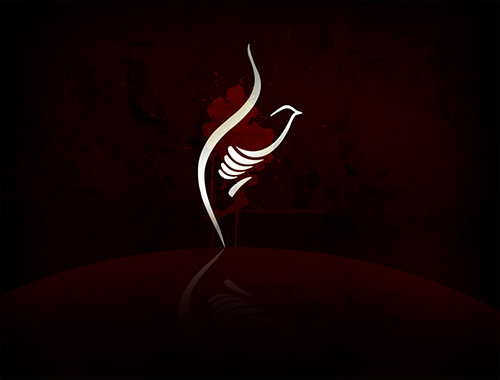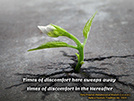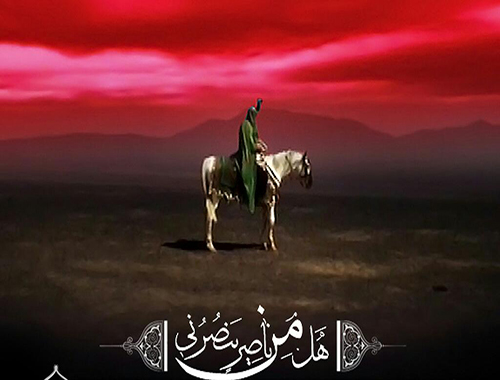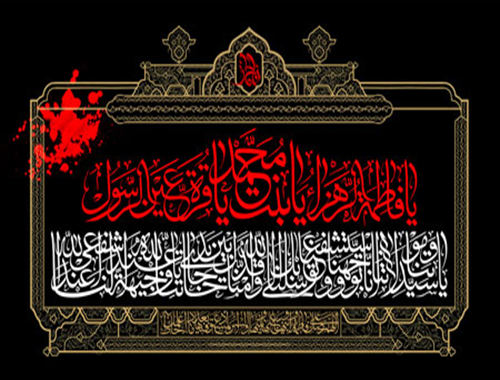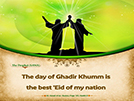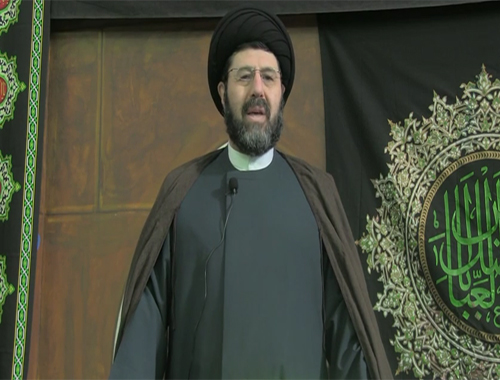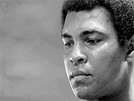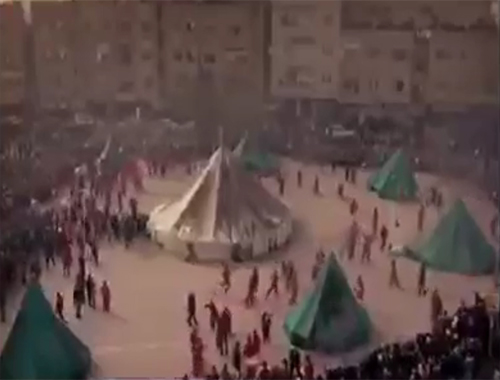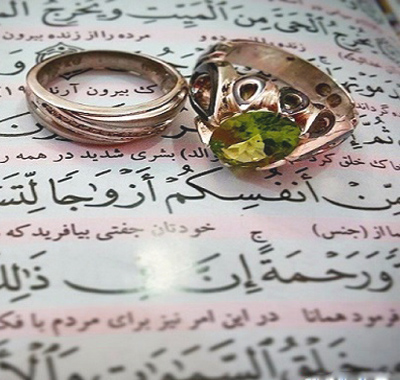
The family is a small social unit that begins with the union of husband and wife and is fortified with the birth of children. Marriage is a natural need for humans, which is sanctioned by pronouncing the formula of the marriage contract (the marriage vows).
Islam assigns great importance upon establishing the family and regards it as a holy event. Various Hadith consider family the finest institution in existence. Imam Muhammad Baqir (A.S) has cited from the Prophet of Allah (S.W.T):
عن أبی جعفر (ع) قال: رسول الله (ص): «ما بُنِي بناء فی الإسلام أحبّ إلی الله عزوجل من التزویج»
No institution has been established in Islam that is more loved by Allah, the Honored, the Glorified, than marriage.
[Wasa’il ush-Shi‘ah, vol. 20, p. 15]
Imam Sadiq (A.S) has cited from the Prophet of Allah (P.B.U.H&H.P):
عن أبی عبدالله (ع) قال: قال رسول الله (ص): «ما من شیء أحبّ إلی الله من بیت یعمر فی الإسلام بالنکاح، و ما من شیء أبغض إلی الله من بیت یخرب فی الإسلام بالفرقه، یعنی الطلاق.»
Nothing is more loved by Allah than a house that is populated through marriage and nothing is more hated by Allah than a house that is broken through separation (i.e. divorce).
[Wasa’il ush-Shi‘ah, vol. 20, p. 16]
Marriage is an invaluable Islamic tradition, the necessity of which the Holy Prophet (P.B.U.H&H.P) and Immaculate Imams (A.S) have emphasized. The commander of the faithful (A.S) has declared:
قال أمیر المؤمنین (ع): تزوّجوا فإنّ رسول الله (ص) قال: «من أحبّ أن یتّبع سنّتي فإنّ من سنّتي التزویج.»
Marry because the Prophet of Allah (P.B.U.H&H.P) has stated: Those who wish to follow my traditions must know that marriage is one of them.
[Wasa’il ush-Shi‘ah, vol. 20, p. 17]
The Prophet of Allah (P.B.U.H&H.P) has stated:
قال رسول الله (ص): «النکاح سنّتي فمن رغب عن سنّتي فليس منّی».
Marriage is my tradition and whoever forsakes my tradition is not of me.
[Bihar al-Anwar, vol. 103, p. 220]
Islam does not regard marriage (and procreation) as an animalistic deed and it does not enjoin its followers to monastic existence and abandonment of marriage. On the contrary, it regards it as a way of purification [tazkiyah] and edification [tahdhib] of the soul, abstinence from sin, and proximity to Allah. Imam Sadiq (A.S) has stated:
قال أبوعبدالله (ع): «رکعتان یصلّیهما المتزوّج أفضل من سبعین رکعة یصلّیها عزب.»
Two units (rak‘ats) prayer of a married person is superior to seventy units (rak‘ats) prayer of an unmarried person.
[Wasa’il ush-Shi‘ah, vol. 20, p. 18]
The Holy Prophet (P.B.U.H&H.P) has stated:
قال النّبی (ص): «رکعتان یصلّیهما متزوّج أفضل من رجل عزب یقوم لیله و یصوم نهاره.»
Two units (rak‘ats) prayer of a married person is superior to the worship of an unmarried man who spends his nights in prayer and his days in fast.
[Wasa’il ush-Shi‘ah, vol. 20, p. 19]
Imam Sadiq (A.S) has cited from the Prophet of Allah (P.B.U.H&H.P):
عن أبی عبدالله (ع) قال: قال رسول الله (ع): «رُذّال موتاکم العزّاب.»
The worst of your dead are those who die without marrying.
[Wasa’il ush-Shi‘ah, vol. 20, p. 19]
Taken from: An Introduction to the Rights and Duties of Women in Islam
Author(s): Ibrahim Amini
Translator(s): Abuzar Ahmadi
 Holy Prophet (P.B.U.H&H.P) - Islam Guidance
Holy Prophet (P.B.U.H&H.P) - Islam Guidance
